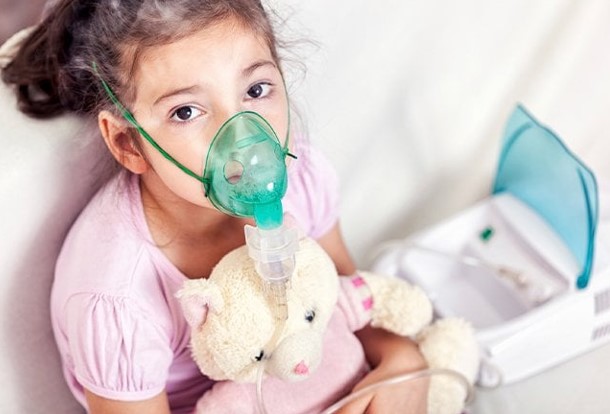RASC News Agency: The World Health Organization (WHO) has revealed that acute respiratory infections and diarrhea are the most widespread diseases currently afflicting Afghanistan, with alarming rates recorded in September. According to WHO’s latest report, seven individuals died from acute respiratory infections in Afghanistan over the course of the month.
The report indicates that nearly 29% of all consultations and services provided by WHO through 993 health centers across 322 districts in 34 provinces were related to respiratory infections and diarrheal diseases. Throughout September, WHO-affiliated health workers delivered essential healthcare to 613,914 returnee migrants, benefiting 222,314 women, 201,569 men, 101,869 girls, and 88,162 boys, demonstrating the scale of support needed in Afghanistan’s vulnerable communities.
The organization highlighted that it conducted 288,748 consultations for primary healthcare, 27,499 specialized care consultations, and 210,241 health promotion activities during the month. Previously, WHO had expressed grave concern over the Taliban’s restrictions on female healthcare workers, which have severely hindered healthcare delivery across the country.
Additionally, a United Nations report indicated that international donors have significantly reduced aid to Afghanistan this year, citing the Taliban’s increasing restrictions, particularly those limiting women’s participation in the workforce. This reduction in aid, as per the UN, has led to a critical funding shortfall for humanitarian agencies, worsening the already precarious humanitarian situation in Afghanistan.






